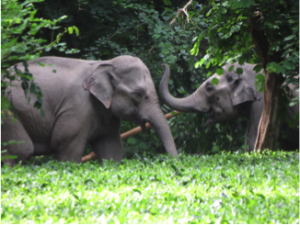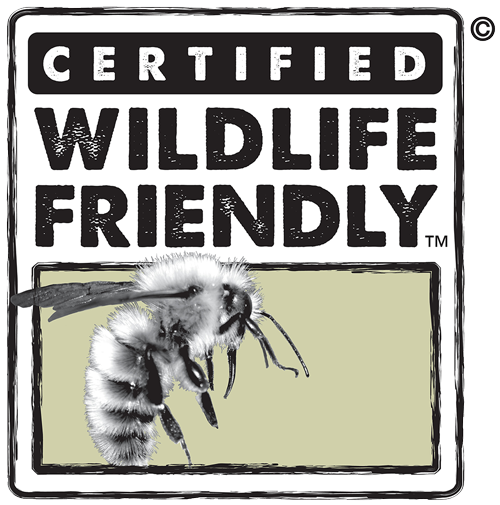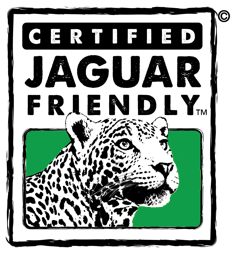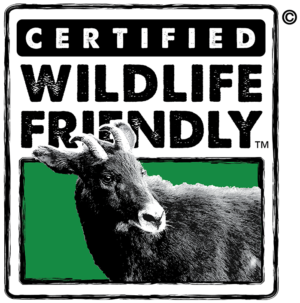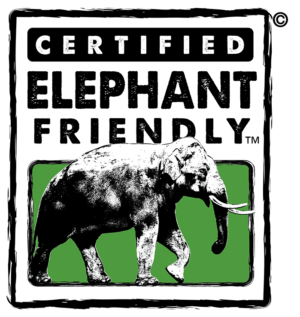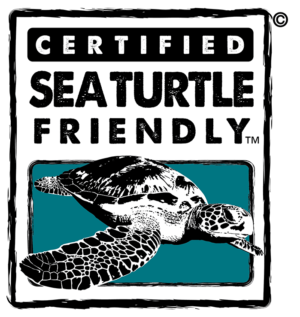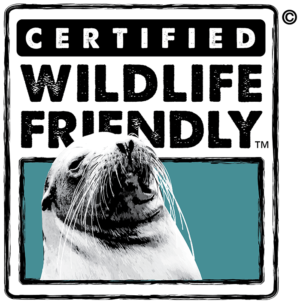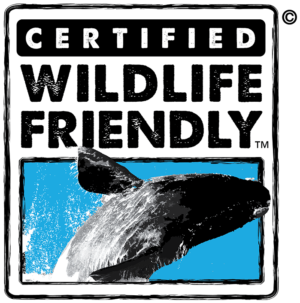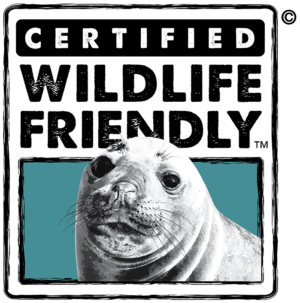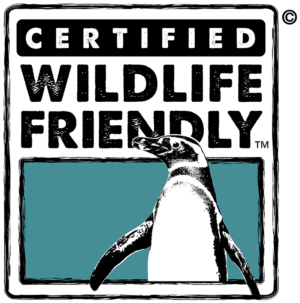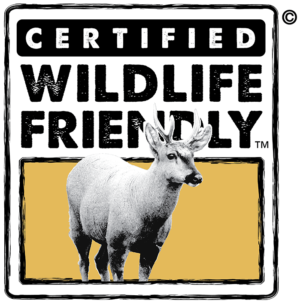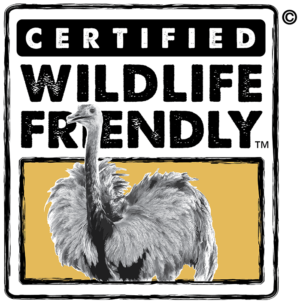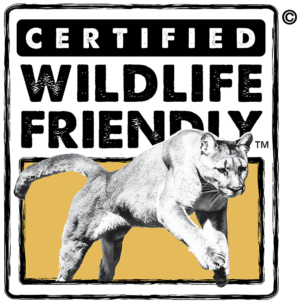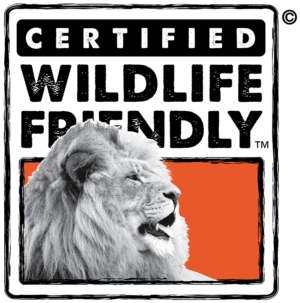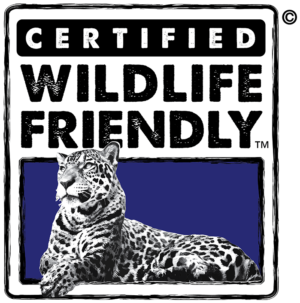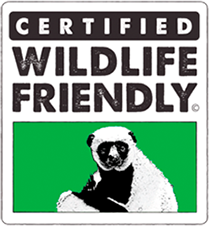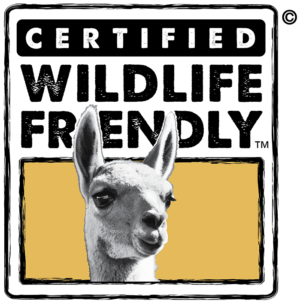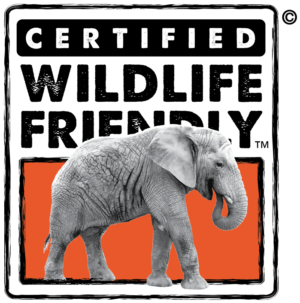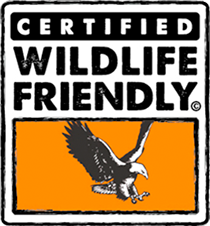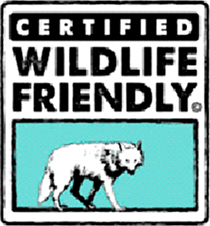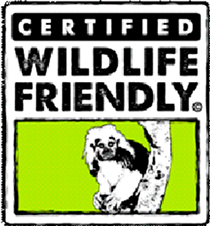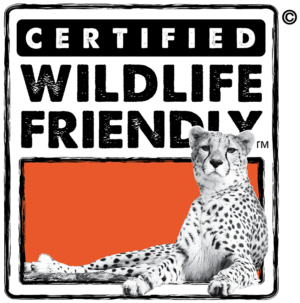University of Montana & WFEN Launch First Certified Elephant Friendly™ Tea at World Tea Expo June 12-15 2017
Elephant Friendly™ Tea helps secure a future for wild elephants
FOR IMMEDIATE RELEASE
Las Vegas, Nevada: – June 12, 2017– The Wildlife Friendly Enterprise Network (WFEN) and the University of Montana (UM) Broader Impacts Group are pleased to announce the launch of the world’s first Elephant FriendlyTM Tea Certification at this year’s World Tea Expo, where the Elephant FriendlyTM Tea team will showcase tea from plantations that are certified as Elephant FriendlyTM, supporting the survival of the endangered Asian elephant.
WFEN, a global community dedicated to the development of products and tourism that contribute to the conservation of threatened wildlife and to the economic vitality of rural landscapes, is partnering with the University of Montana, home to the top-ranked Wildlife Biology program in North America, to engage tea growers, sellers and consumers in a ground-breaking farm-to-cup approach to support the conservation of endangered Asian elephants, Elephas maximus.
Since the early 1800’s tea consumption has been on the rise, and today it is the most popular beverage worldwide. Tea plantations have replaced much of the natural habitat of Asian elephants and other species. Habitat loss and the associated human-elephant conflict, which often leads to loss of life for both people and elephants, have contributed significantly to the decline of Asian elephant populations. According to the IUCN Red List, Asian elephants are an endangered species, with an estimated 40,000-50,000 remaining across their range countries, a decline of over 50% in the last 75 years. India holds at least 50% of the remaining population and is the world’s second largest tea producer, with tea lands primarily located in areas historically inhabited by elephants.
Engaging tea growers as active partners in elephant conservation is critical to the future of Asian elephants in the wild. Agricultural lands planted for tea production can play a vital role as corridors of movement between natural areas. Tea plantations often serve as nurseries where mothers give birth and rest for a few days until their newborn babies are strong enough to move with the herd.
However, agricultural practices on tea estates can present potential hazards for elephants, such as the use of deep and narrow drainage ditches which can trap infant and juvenile elephants. Improperly installed electric fencing or sagging electricity lines can pose electrocution risks for elephants. Chemicals used in conventional tea production, if not stored securely or applied judiciously, can poison elephants. In addition, human-elephant conflict can have grave consequences for both elephants and tea worker communities.
An innovative market-based solution comes in the form of a new Elephant FriendlyTM Certification program providing 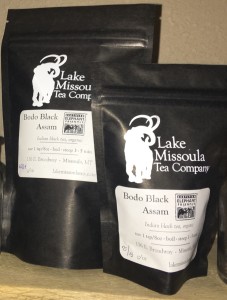
Lisa Mills, who serves as the liaison for the University of Montana on this project, explains: “We are encouraged by the interest we are seeing from tea growers and tea buyers who want to join the Certified Elephant FriendlyTM Tea program. With a percentage of every sale going back to support elephant conservation in the communities where the tea is grown, tea drinkers can enjoy great tea while supporting human-elephant coexistence.”
“To be certified under this program tea growers must meet strict “elephant friendly” standards which have been vetted by experts on elephants in this part of the world, “ said Julie Stein, Executive Director and Co-founder of WFEN. “We are excited to see that the tea is commanding a strong price premium in the marketplace, which is early proof-of-concept that consumers will support the conservation mission. “
By buying Elephant FriendlyTM Tea consumers are helping sustain wild elephant populations and secure their future. Interested companies and consumers can learn more at https://elephantfriendlytea.com/or on Facebook at: https://www.facebook.com/elephantfriendlytea
About the Wildlife Friendly Enterprise Network
WFEN and its certification programs represent grassroots farmers, ranchers, artisans, indigenous peoples and conservation heroes from around the world, including two World Bank Development Marketplace Award winners, a U.N. Equator Prize winner, leadership in the world’s marketplace for REDD+ Carbon Offsets, a Time Hero for the Planet, and a National Geographic Big Cats Initiative grantee. Certified Wildlife Friendly® products contribute to the conservation of over twelve million hectares of diverse wetlands, forests, and grasslands; protect keystone endangered species in Asia, Africa, Europe, and Latin and North America – including the snow leopard, tiger, elephant, cheetah, red panda, and wolf – and benefit over 200,000 people through increased food security, income and employment. For more information visit: www.wildlifefriendly.org
About the University of Montana
The University of Montana (UM), located in Missoula, Montana, USA, is a higher education institution, home to the top-ranked Wildlife Biology Program in North America and award-winning research, outreach and business innovation programs. The Elephant FriendlyTM Program is a partnership between the University of Montana’s Broader Impacts Group at https://www.umt.edu/big/, the Wildlife Friendly Enterprise Network, and business and conservation science advisors from across the globe. The UM Blackstone Launchpad and UM School of Business provide additional planning and marketing support.
Contact
Wildlife Friendly
Julie Stein: Julie@wildlifefriendly.org
University of Montana
Lisa Mills: lisa.mills@mso.umt.edu

